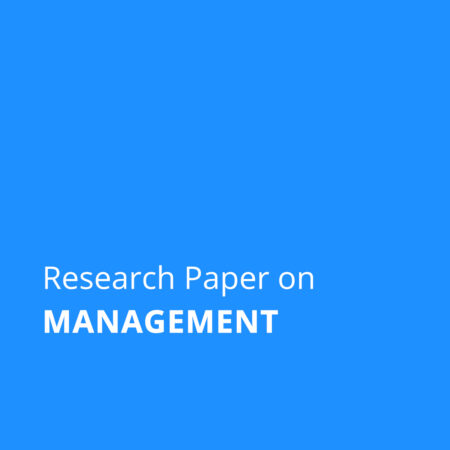Description
Title: Resistance to antifungal drugs is regulated by epigenetics
Abstract: Epigenetic mechanisms are becoming more and more important regulators of various aspects of fungal biology in medical mycology, including development, phenotypic and morphological plasticity, and antifungal drug resistance. A growing concern is the emergence of resistance to the few available therapeutic options for the treatment of invasive fungal infections. Recent studies have highlighted the role of epigenetic changes involving the acetylation and methylation of histones, remodeling of chromatin, and heterochromatin-based gene silencing in the acquisition of antifungal resistance in the human fungal pathogens. By preventing common drug-resistance mechanisms, a thorough understanding of how pathogens develop drug resistance will help spur the creation of new antifungal therapies and boost the effectiveness of already existing antifungals. In this article, we discuss the epigenetic mechanisms that affect azoles, echinocandins, and polyene resistance to commonly used systemic antifungal medications. We also examine the literature on potential connections between gene silencing, DNA mismatch repair, and drug resistance mechanisms.
Keywords: histones; histone methylation and acetylation; chromatin; multidrug transporter; azoles; echinocandins and polyenes; DNA mismatch repair; FKS gene mutations
Paper Quality: SCOPUS / Web of Science Level Research Paper
Subject: Biology
Writer Experience: 20+ Years
Plagiarism Report: Turnitin Plagiarism Report will be less than 10%
Restriction: Only one author may purchase a single paper. The paper will then indicate that it is out of stock.
What will I get after the purchase?
A turnitin plagiarism report of less than 10% in a pdf file and a full research paper in a word document.
In case you have any questions related to this research paper, please feel free to call/ WhatsApp on +919726999915



Reviews
There are no reviews yet.